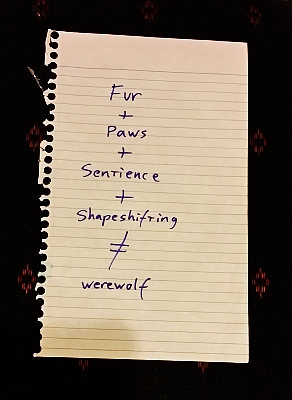You know the moment when something, even the tiniest something, finally goes right?
I’m querying a mms that might as well be a roller-coaster, for all the ups, downs, and death-spirals it has gone through in the last three years. This current round of querying has only been a month-and-a-half, nowhere near the two years I spent ineffectually hawking Bloodshadow.
Sometimes, an offhand email request opens unexpected doors. A publisher I knew only in passing, is suddenly revealed as A Good Publisher. A publisher already dealing with many of the very good agents on my wish list, so just from that I can infer that both sides are of decent industry standing. And the publisher is actually viable, considering my weird mix of genres that might be homeless anywhere else. Not too small, not so big, a good mix of principals who seem to not only know but adore their business.
Thanks to that one email response, I’ve gone from crickets, slamming doors, and numb exasperation, to a small amount of hope for this new book. My query countdown has been given overtime. It doesn’t matter if no one else says ‘yes’ or even ‘maybe’. I have two alternate plans now, not just, ‘Well, then I’ll self-publish.’ Of course it’s not a sure thing – nothing ever is. But it’s a step in the right direction. ∞

